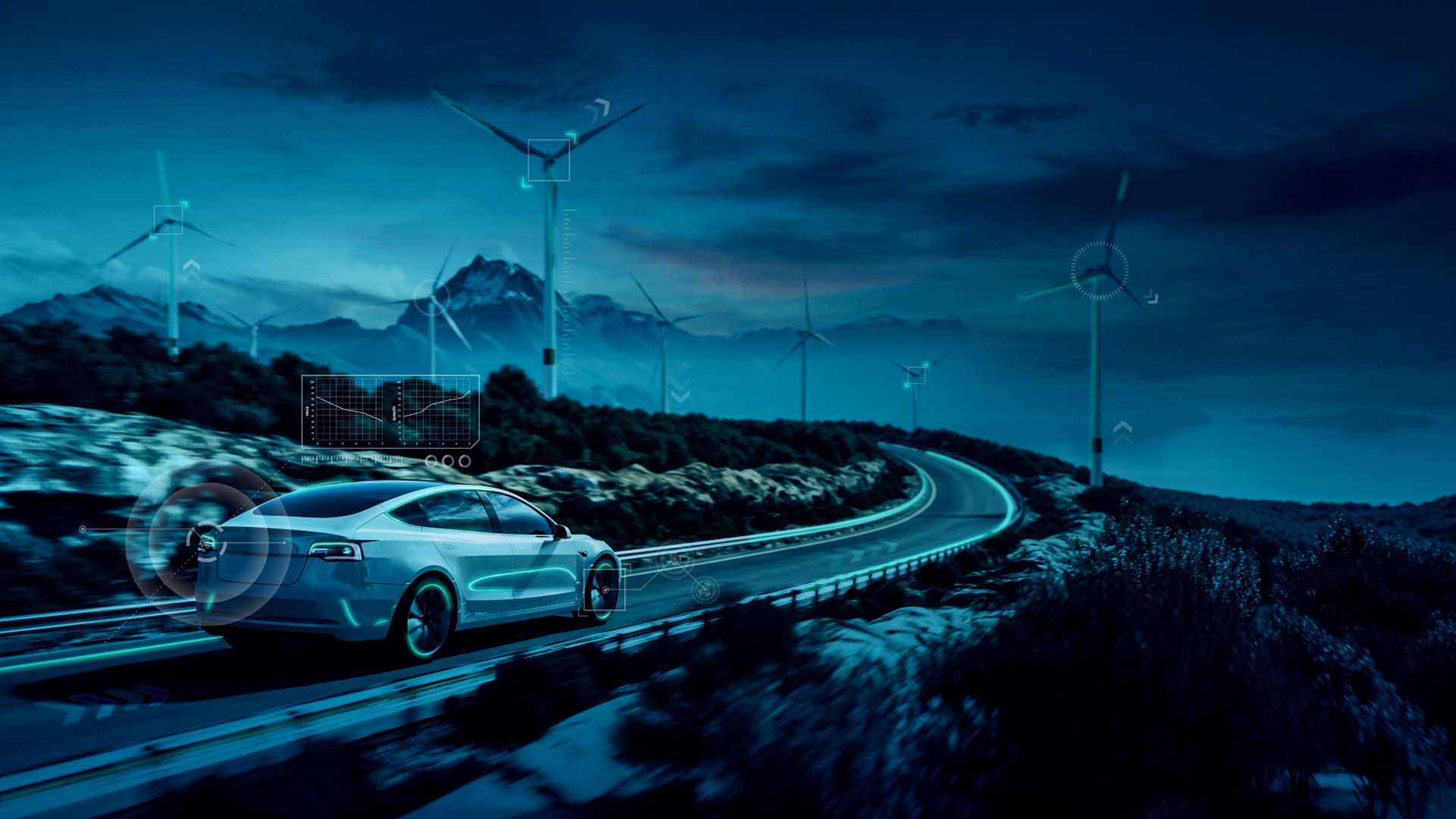Electric Vehicle Innovations Reshaping Automobiles
Dive into the electric revolution with the latest vehicle innovations that are transforming the automotive landscape.

Electric vehicle technology is rapidly advancing, marking a new era in the automotive industry. This exciting evolution is transforming how we drive and how we think about transportation. This article delves into standout innovations that are reshaping automobiles for a more sustainable and efficient future.
Trends Powering Electric Vehicle Technology
From advancement in battery technology to smarter charging solutions, several trends are propelling the electric revolution in automotive technology. The following sections unpack these innovations that are driving the industry forward.
Table of Contents
- Battery Innovations in Electric Vehicles
- Charging Infrastructure Development
- Smart Technology Integration in EVs
- Autonomous Driving and Electric Vehicles
- Electric Vehicles and the Pursuit of Sustainability
- Future Trends in Electric Vehicle Technology
Battery Innovations in Electric Vehicles

Arguably the most significant component of electric vehicle technology is the battery. The pursuit of a high-energy, long-lasting, and affordable battery has accelerated innovation in this sector. Let's explore some of the standout developments.
- Solid-State Batteries: As opposed to current liquid electrolyte-based lithium-ion batteries, solid-state batteries utilize a solid electrolyte. This technology is expected to deliver improved energy density, longer lifespan, and better safety credentials. Automakers like Toyota and BMW are heavily investing in this promising technology.
- Advancements in Lithium-Ion: While we chase the next big thing, lithium-ion batteries continue to evolve. Innovations such as silicon anodes or lithium-rich cathodes contribute to better energy density, driving range and longevity.
- Wireless Charging: A truly futuristic vision, dynamic wireless charging allows electric vehicles to be recharged while moving. Though still in its early stages, it could revolutionize EV charging, eradicating range anxiety for good.
Charging Infrastructure Development

The success of electric vehicles hinges on the efficacy of the charging infrastructure. This needs to evolve at pace with EV proliferation to ensure seamless mobility.
The "Charge Ready" program by Southern California Edison exemplifies efforts aligned in this direction. It involves deploying charging stations at workplaces and multi-unit dwellings, and even offering rebates to offset installation costs. Furthermore, companies like Tesla and ChargePoint are not only increasing the number of public charging stations but focusing on ultra-fast charging technology, slashing down charging times to just minutes.
Rethinking Charging Stations
Ambitious projects are redefining the concept of charging stations to offer "charging as a service". For example, Volta Charging delivers free charging stations funded by sponsored advertisements. InstaVolt, in the UK, provides contactless payment-enabled charging points, pushing the boundaries for consumer convenience.
Smart Technology Integration in EVs
Digitalization is the driving force behind modern car capabilities, and electric vehicles are challenged to integrate "smart" features to enhance user experience.
For instance, customizing energy usage to optimize the battery lifespan, or intelligent routing to find the best path factoring in charging points, are some of the features EV owners can look forward to. Also, sophisticated telematics systems allow for smart home integration, unlocking capabilities like scheduling charging during off-peak hours from your smartphone.
The upcoming BMW i4 highlights this integration, promising an immersive tech experience incorporating gesture control, advanced display technology, and more.
Autonomous Driving and Electric Vehicles

Not only are electric vehicles pushing us into a cleaner future but they're also paving the way for another massive shift in personal mobility: autonomous driving. Electric vehicles are inherently simpler, with fewer moving parts than traditional ICE (internal combustion engine) vehicles. This reduction in mechanical complexity provides a perfect platform for integrating advanced autonomous systems. Considerations include:
- Vehicle to Everything (V2X) communication: Enabling the exchange of information between vehicles and any entity that may affect the vehicle, including infrastructure, other vehicles, and even pedestrians.
- Artificial intelligence: AI systems learn and adapt to unique driving styles, enabling more personalized and safe driving experiences.
Tesla's Autopilot, Waymo’s self-driving technology, and GM's Cruise are front-runners in this transformation, pushing the boundaries to bring fully autonomous vehicles to the mainstream.
Electric Vehicles and the Pursuit of Sustainability

"Eco-friendly" has become more than just a buzzword; it's a principle that's being integrated into everything, including our modes of transportation. Electric vehicles are a cornerstone of this trend, producing zero tailpipe emissions. Furthermore, EVs efficient use of energy and the potential for renewable charging options make them a key player in the pursuit of sustainable transport.
Embracing Circular Economy
Sustainability reaches beyond just driving emissions. An increasing focus on circular economy principles is evident in the electric car industry. Battery recycling, for instance, is an integral part of this philosophy. Companies like Redwood Materials are pioneering closed-loop supply chains, aiming to recycle and reuse up to 95% of the materials found in old batteries. Innovative approaches like these go beyond just green driving and push for sustainable production and disposal methods, too.
Future Trends in Electric Vehicle Technology
We are on the threshold of exciting times in EV technology. The possibilities are vast and innovation is only accelerating. Here are a few directions where the future could take us:
- EVs as Grid Assets: With vehicle-to-grid (V2G) technology, parked EVs could return electricity to the grid, acting as mobile energy storage units. This not only offers a potential return on investment for EV owners but supports a more resilient and versatile electricity grid.
- Solar-Powered Vehicles: Vehicles like the Aptera Solar Electric Vehicle are pioneering the integration of solar panels for self-charging capabilities, pushing the boundaries of sustainability.
- Adoption of AI: From predictive maintenance to cybersecurity, AI has an incredible range of applications within electric vehicles that are yet to be fully explored.
To wrap it up, it's apparent that electric vehicle technology is about more than just swapping the fuel source. It’s a reinvention of the automobile and its role in our societies. As new innovations continue to surge, we can look forward to a greener, smarter, and more connected automotive future.
What's Your Reaction?

































































